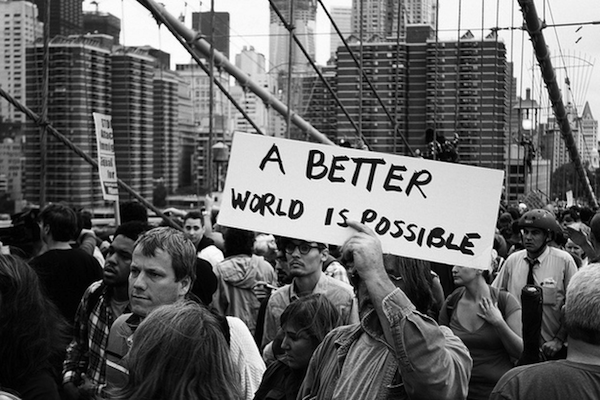These certainly are trying times for any person alive to the suffering of others. We read about new stories of respected teachers abusing their power, new waves of bombings in Syria, a new school shooting in Florida, new worries about global warming, new concerns about the fragility of democracy and human rights in much of the world.
I have been called to reflect upon my responses to these and other disasters, natural and manmade, in recent months. I have been called because of the depth to which they have reached my own heart at times. I could see in myself the empathy which drew me in giving way to anger toward the instigators and oppressors. And then anger toward the enablers and systems.
This anger, while not terrible in itself, was difficult to direct. Some I could turn into energy for reaching out, helping in some places, making connections, healing wounds. But some of the anger-energy just sat and festered: as my efforts and those from others around me changed too little, disagreements arose among those working against the injustice, and energy and connections began to fade.
This particular arising and falling of activist energy, which has by no means been a simple clear wave – more like a few big waves and many smaller ones all jostling as if in a quaking pond – has led me to reflect on the role of right action (an aspect of the Noble Eightfold Path in Buddhism). As my action turned toward reflection, I spent time, too, listening to and reflecting on the energies, anger, despair, distance, and occasional equanimity of friends and community members.
At one point a fellow meditator spoke somewhat dismissively of the anger and despair of another meditator in our group, asking us all to see these issues from a cosmic perspective in which we are all but specks. This did not go over well. But there was an important moment of truth in that perspective: we are but specks in the great scheme of things. And then there is the other truth: we are responsible for the suffering we encounter – all of it if you read early Buddhism and the Bodhisattva Vows a certain way.
We are responsible: for ourselves, for our families, friends, communities, and the world. And yet experience with the simplest of activities: trying to clear the mind, shows us how limited our power is. Our experience with the sister, brother, or child making a poor decision: we try to change their mind but it’s made up, also shows our limitations. How much more so for large and complex communities, and even more for governments and societies based hundreds or thousands of miles away.
And yet we are called to act: to sign the petition, to show up at the rally, to make our voices heard. Sometimes, just sometimes, they are heard and they are felt and they are acted upon. Change occurs. This mere speck in the cosmic soup moved another, and another, and another until that wave of anger turns into a wave of action and in its wake joy, relief, and that most sought after of Buddhist states: a freedom from suffering.
Then we start again. Next wave. Next opportunity. Next reminder that we cannot always make the changes we want, that sometimes the momentum is too great – for now. And so we let go of this or that particular issue or we don’t, but we learn to pace ourselves, knowing that the journey will be long. We also see the necessity of those other specks, the need for help at some times, community. In this, alone, we might feel tiny. But together we are mighty.


There is a saying, I believe from the Bible, “Plant a thousand seeds. You never know which ones will sprout. Maybe they all will.” Years ago, when I found out my retirement fund was invested in a company that sold toxic glue to street children in Central America I organized an effort to get the fund to disenvest. The effort led further than I expected ; the company switched to a non toxic alternative.
Most of our efforts do not yield the results we hope for, especially when it comes to the bigger issues like the environment, social justice, human rights, etc. Still, we must try because, on occasion, results do exceed expectations.
“Nobody can do everything. But if everybody does something then, together, we can change the world.”
That vision of religion may work for the Abrahamic religions but it completely fails for Buddhism. Buddhism claims to be literally, scientifically true about the nature of suffering and how to end suffering. Buddhism is not supposed to be about motivating behavior in any allegorical or mythical way. Buddhism is just a literal instruction manual to get people to literally act to end their actual suffering.
That vision of religion may work for the Abrahamic religions but it completely fails for Buddhism. Buddhism claims to be literally, scientifically true about the nature of suffering and how to end suffering. Buddhism is not supposed to be about motivating behavior in any allegorical or mythical way. Buddhism is just a literal instruction manual to get people to literally act to end their actual suffering. cialis online